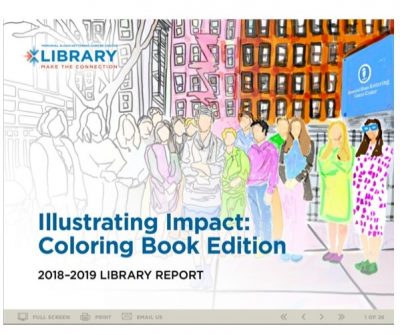Our story starts with researchers responding to the global impact of COVID-19 by wanting to share their work as soon as possible and publishers supporting this initiative by fast-tracking submissions to make the latest research available to the scientific and medical community. Publishers also extend the reach of these publications, increasing potential readership by making COVID-related papers accessible to all interested readers.
This certainly is not the typical process research manuscripts go through, but then, we are not living through a typical time. A research manuscript goes through a peer-reviewed process before the paper is accepted for publication and then once accepted must be edited and go through an extensive production process. Nature, a weekly international journal publishes peer-reviewed research in all fields of science and technology, has an estimated time frame of 27 weeks (PubsHub data) from submission to manuscript acceptance. This time span is the same for The New England Journal of Medicine (PubsHub data), another weekly title dedicated to bringing physicians the latest research and information about biomedical science and clinical practice.
To understand the volume of COVID-19 literature being published, a PubMed search (conducted 04/21) for only 2020 references with no language restriction produced 5,950 results – a staggering number of works in such a short period of time. We are witnessing a reduced timeline for the publication of many COVID-19 papers which can have both a positive and negative impact on future research and decision-making. In a recent Wired article entitled “The Science of This Pandemic Is Moving at Dangerous Speeds” (March 28, 2020), the authors cited a paper which was accepted a day after it was submitted. This paper was later refuted from various sources. In this scenario, a decision was made based on a single paper to block the importation of some COVID-19 tests without the knowledge that the flawed research had been removed from the literature.
Preprints provide another venue for the rapid dissemination of early research. By definition, a preprint is a draft manuscript that is shared publicly (often via a preprint server) before it has been peer-reviewed. For the researcher, there are several benefits for posting a preprint to include, early credit and visibility for the research done, and a forum to obtain feedback prior to submitting the manuscript to a journal for publication. For COVID-related papers, it is an opportunity to share quickly initial research data. If you visit medRxiv, the preprint server for health sciences, a caution statement appears in bright red as a reminder to readers that the content found in this resource has not “been certified by peer review.”
The urgency to find immediate solutions for this pandemic drives researchers and publishers to accelerate the need to publish and share information as fast as it is written. Science is all about new ideas, investigation, building and challenging ongoing research. It’s also about making errors and questioning the current body of knowledge. The article in Wired has a sub-title which is a fitting conclusion to this post – “Much of the research that emerges in the coming weeks will turn out to be unreliable, even wrong. We’ll be OK if we remember that.”
Donna Gibson
Director of Library Services
